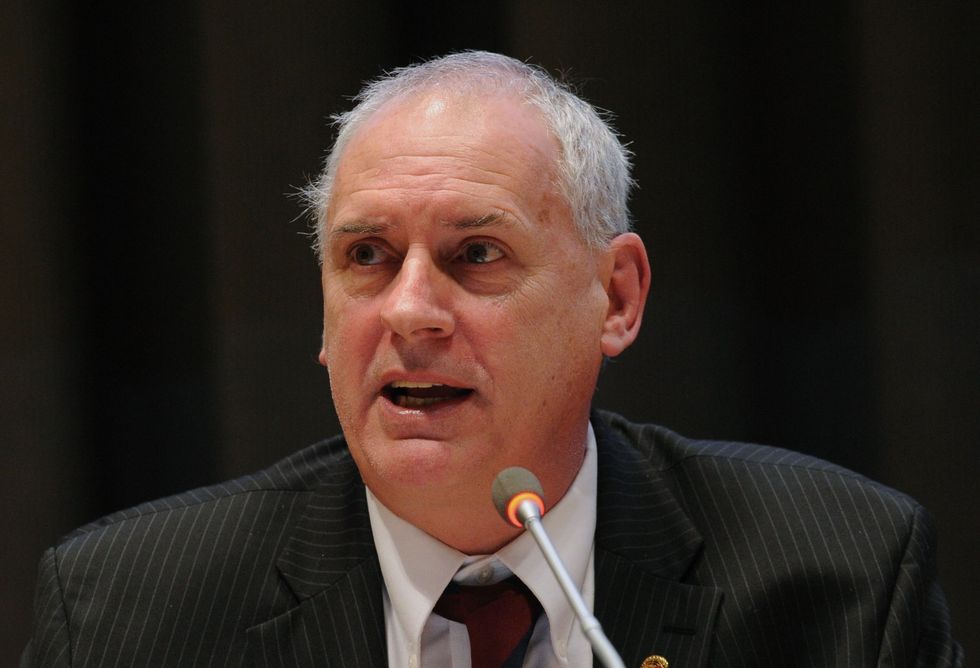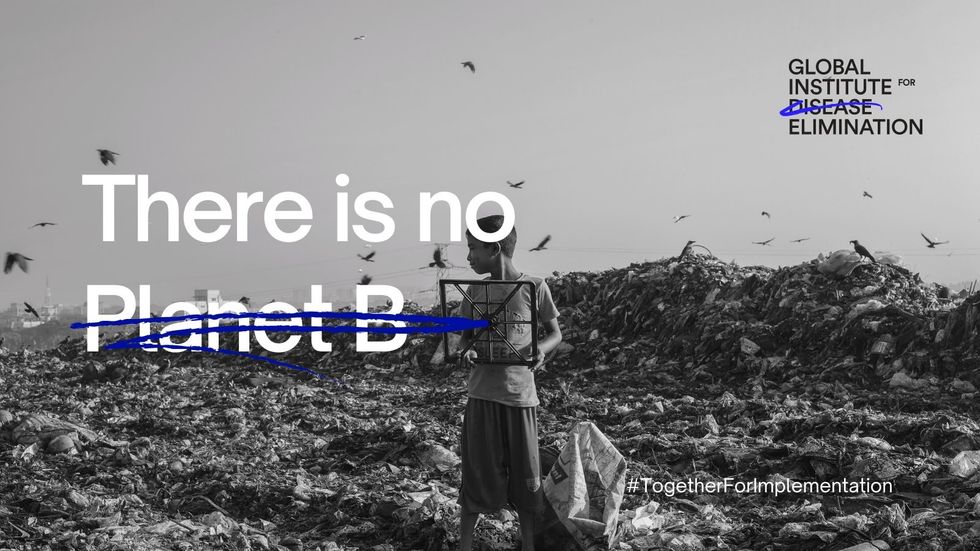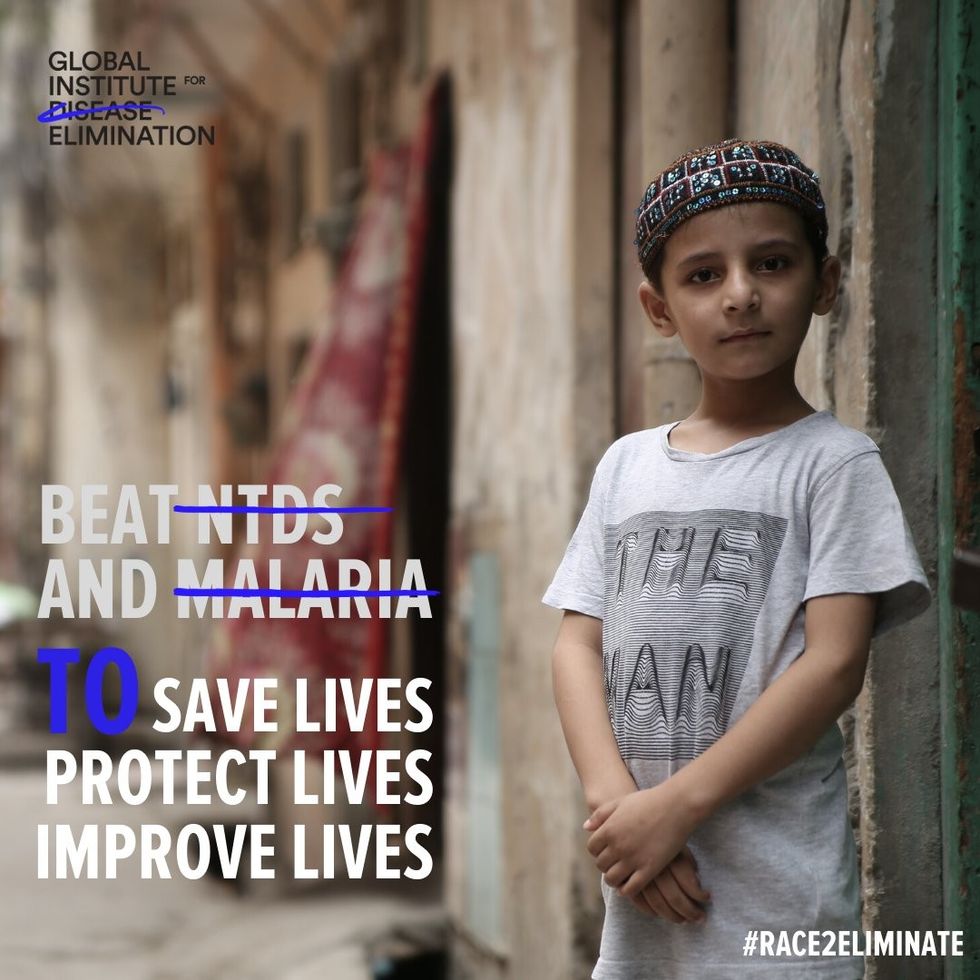On 12 December 2012, the UN General Assembly unanimously endorsed a resolution urging countries to accelerate progress towards universal health coverage (UHC) – the idea that everyone, everywhere should have access to quality, affordable health care. To recognise this historic resolution, the world celebrates UHC Day every year on 12 December.
Now, ten years later, a global pandemic, increased nationalism, supply chain disruptions, inflation, and economic recession, leave more than 5.7 million people in low and middle-income countries dying each year from poor quality healthcare and 2.9 million dying because they have no access at all.
There is some hopeful news, however. Prior to the global pandemic, many low- and middle-income countries including Bangladesh, Senegal and Zambia were on track to expand UHC. Elsewhere, gains in service coverage were substantial, driven, in part, by the scaling up of interventions to tackle infectious diseases such as HIV, tuberculosis, and malaria.

While COVID-19 has been a body-blow to UHC progress, it also presents an opportunity – the world must learn that investing in health for all is not an option but a necessity for the health of us all. We have seen, first-hand, how the health of individuals is intimately connected across the globe, and how the health of the global population and the health of the global economy are inextricably intertwined.
The pandemic also exposed pre-existing cracks and inequities in our healthcare systems, spotlighting the link between Neglected Tropical Diseases (NTDs), infectious diseases, and health emergencies, and reinforcing the need to address health issues in a more comprehensive manner.
The climate-health nexus
While COVID-19 demonstrated the need for countries to be prepared for the next pandemic, a comprehensive approach to strengthening health systems also includes addressing another emerging challenge: the relationship between climate change and infectious diseases. According to a recent study, over half of known human pathogenic diseases can be aggravated by climate change. Climate change is likely to undermine the achievement of universal health coverage with significant disruptions to healthcare system. We saw these disruptions in Pakistan, when devastating floods swept across the nation, making it almost impossible to deliver essential health services and vaccines. A few months later, a similar story unfolded in Niger, as yet another country experienced deadly flooding.

The climate crisis threatens to undo the last fifty years of progress in development and poverty reduction, and to further widen existing health inequalities between and within populations. We are likely to see infectious diseases at higher altitudes and latitudes than we have seen in our lifetime, in settings where health systems and health care providers are not prepared to respond to diseases that have never darkened their doors.
However, it is important to note is that the climate change and UHC agendas bolster each other as they both lead to improved health and health equity. Many regions of the world with the highest vulnerability to climate change are also those with the lowest UHC coverage. These regions stand to have enormous gains through an approach that considers providing health for all within the context of a changing climate.
Up until now, approaches to address health and climate emergencies have remained largely siloed. This is due in part to a lack of knowledge and guidance surrounding the health impact of climate change, with existing literature on this intersection insufficient to guide policy development.
It is for this very reason that today GLIDE has launched the second iteration of its disease elimination awards, the Falcon Awards for Disease Elimination – The Climate Edit – a global initiative which aims to expand the evidence base on the intersection of disease elimination and climate. Through the awards, GLIDE will provide catalytic support to researchers around the world to examine new and under-explored areas of the climate and infectious disease nexus, including issues created and exacerbated by the intersection of these global challenges.

Up to ten winners will be announced in Spring 2023, following an evaluation by a Scientific Panel comprised of global health and climate experts. Each winner will receive a sum of up to USD 50,000 to undertake a formative research project over a period of six months. The winning projects will be showcased in November 2023, when the United Arab Emirates (UAE) will host the 28th Conference of the Parties to the United Nations Framework Convention on Climate Change (UNFCCC COP28).
Universal Health Coverage Day is a reminder to the global health community and the world at large that we must come together to build resilient health systems to ensure and maintain the delivery of high-quality and affordable essential health services. This means taking a comprehensive approach to UHC, working across and within sectors to strengthen systems that are better prepared to respond to future pandemics, and responding to the pressing threat of climate change on the health of people and planet.
Simon Bland is the CEO of the Global Institute for Disease Elimination (GLIDE)















 David Beckham wearing a David Austin Roses "King's Rose" speaks with King Charles III during a visit to the RHS Chelsea Flower Show at Royal Hospital Chelsea on May 20, 2025Getty Images
David Beckham wearing a David Austin Roses "King's Rose" speaks with King Charles III during a visit to the RHS Chelsea Flower Show at Royal Hospital Chelsea on May 20, 2025Getty Images

 Kurukshetra battlefield illustration
Kurukshetra battlefield illustration
 Chanakya
Chanakya  Shimla Agreement
Shimla Agreement Kargil War 1999
Kargil War 1999
Health for all: disease elimination on a warming planet
The pandemic has exposed pre-existing cracks and inequities in our healthcare systems, says Simon Bland